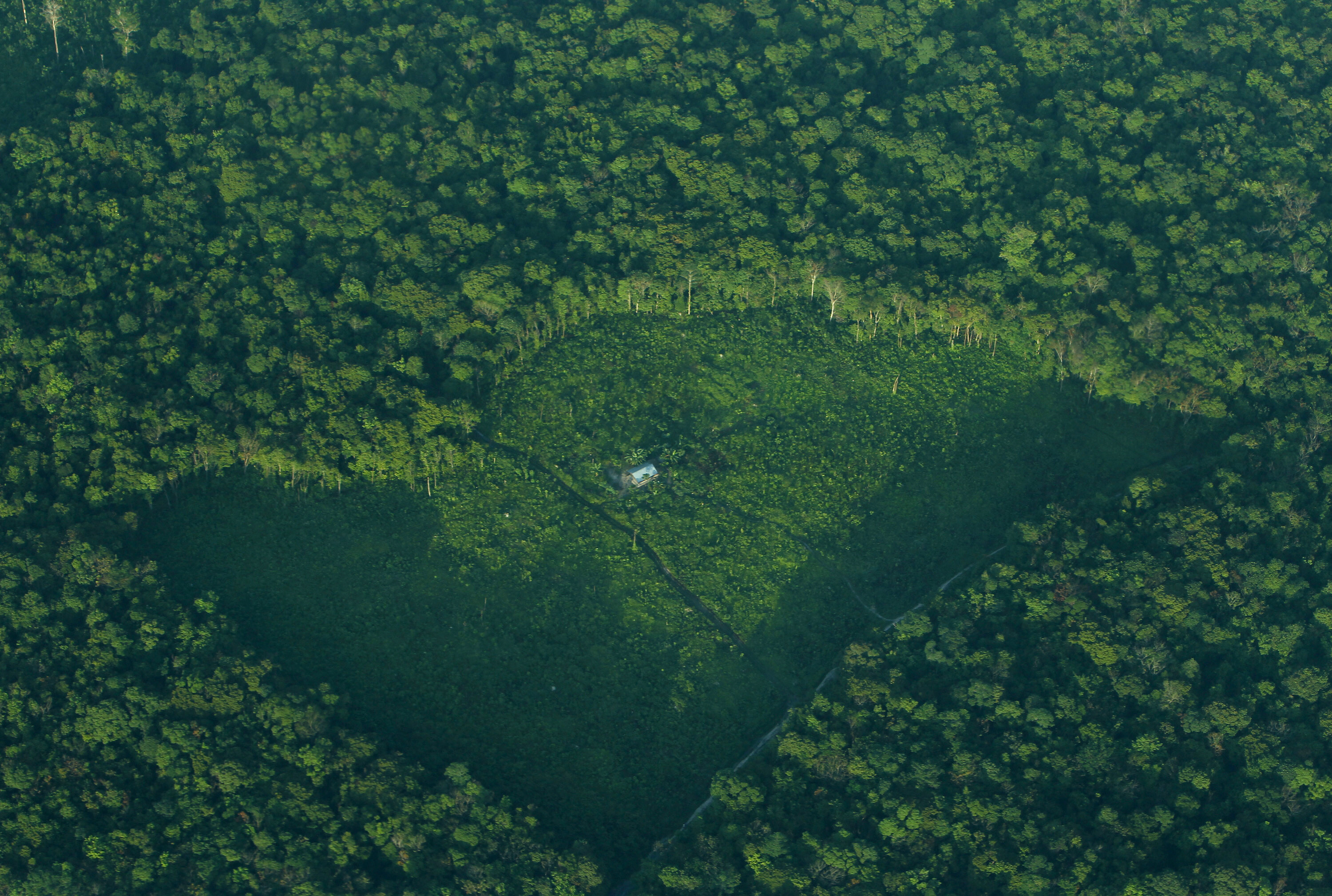Mongolia as a neutral state

A herder walks towards a traditional Mongolian tent located on grasslands around 200km (62 miles) south-west of the Mongolian capital city Ulan Bator Image: REUTERS/David Gray
Mongolia as a neutral state. I have long pondered this issue, exchanging views, carrying out studies and drawing conclusions. Now the time has come to discuss it publicly.
Every Mongolian cares about the further consolidation of our country’s freedom, independence and sovereignty. And every Mongolian endeavors to make his own contribution to this cause. Many view that being a neutral state perfectly serves that very interest. The issue of neutrality was hotly debated during the years that Mongolians fought for the restoration of our freedom and independence, and during the tense days of our democratic revolution in 1990.
International law views the neutrality status quo in two main categories, which depend on the decisions and proclamations a neutral state undertakes. There is a neutrality status quo in wartime. There is also a permanent neutrality status quo. There can also be active and inactive neutrality.
As far as Mongolia is concerned, it is true that Mongolia has not declared a “permanently neutral state”. Yet in substance, form and action our foreign policy is fully coherent with the principles of neutral foreign policy. And it’s commendable that our national laws and the international treaties and agreements that Mongolia is signatory to are consistent with neutrality principles. More specifically, Mongolia’s neutrality is delicately reflected in the very letter and spirit of the agreements and treaties we concluded with our neighboring states.
When considering Mongolia’s neutrality, we must first of all take into account the following factors.
One: Since Mongolia adopted its new democratic constitution, Mongolia has actively pursued policies that are neutral in substance. However, we are yet to declare it, in form. The process of shaping and validating this policy is now only a matter of time.
Two: The history of Mongolia, our geographic location and the uniqueness of our chosen path of development are congruent with the spirit and principles of neutralism. Neutrality enables a country to maintain equal and balanced international relations. Other states and international organizations respect such a status quo of a neutral state.
Three: The state of international affairs and the international order changes over time. Yet neutral policies and actions can be sustained. The state which upholds neutrality preserves the full power to amend, renew or abandon its neutralist policy.
What does “permanent neutrality” mean? A permanent neutrality means that a sovereign state declares itself to be neutral both during times of war and peace. In the event that a neutral state is attacked by external aggression, it has a full right for defense. At the same time, it voluntarily assumes a duty not to wage and join wars. A permanently neutral state reserves a power to have its own army and troops. And this very right serves as the assurance of the immunity of its neutrality.
A classical representative of a permanently neutral state, Switzerland, is considered to have Europe’s most capable army. And the founding concepts of Mongolia’s defense concepts are consonant with neutralism.
The territorial immunity of a neutral state is re-assured by international law. This includes both air and water borders too. It is prohibited for belligerent troops to conduct war on the territories of a neutral state. Also, a neutral state has the power not to let the transportation of belligerent armies’ personnel, arms and war materials across its territory. Permanent neutrality also has certain implications for nuclear weapons issue and the country’s membership in any military alliance.
It is not necessary for a state to seek support from any particular country or international organization to validate its neutrality status quo. Yet obviously any such state would aspire to achieve understanding, recognition and support from its neighboring states, other countries and international organizations. Our forefathers and fathers have always valued dignity and temperance. Inheriting this ancestral quality, we shall hold equally high and honor the UN and our own Charter in our aspirations in this new era.
Unity, continuity and clarity in Mongolia’s foreign policy are at the heart of Mongolia’s interests and benefits. Neutrality is a universally recognized tool useful for us, the Mongolians, to harness and build upon our existing potential on one hand, and to pursue active, flexible relations with other countries, on the other hand.
This may also be seen as a universal value, a collective human experience. And an opportunity for Mongolia. Opportunities are rare. Values evolve slowly. Persistence and consistency will serve us well. Inarguably, that status of ours will help to invigorate many policies, initiatives and actions to benefit the future of Mongolia.
Author: Tsakhiagiin Elbegdorj, President of Mongolia. He is participating in the World Economic Forum’s Annual Meeting in Davos.
Don't miss any update on this topic
Create a free account and access your personalized content collection with our latest publications and analyses.
License and Republishing
World Economic Forum articles may be republished in accordance with the Creative Commons Attribution-NonCommercial-NoDerivatives 4.0 International Public License, and in accordance with our Terms of Use.
The views expressed in this article are those of the author alone and not the World Economic Forum.
Stay up to date:
Global Governance
Forum Stories newsletter
Bringing you weekly curated insights and analysis on the global issues that matter.
More on Global CooperationSee all
Sebastian Buckup and Maximilian Martin
November 13, 2025






